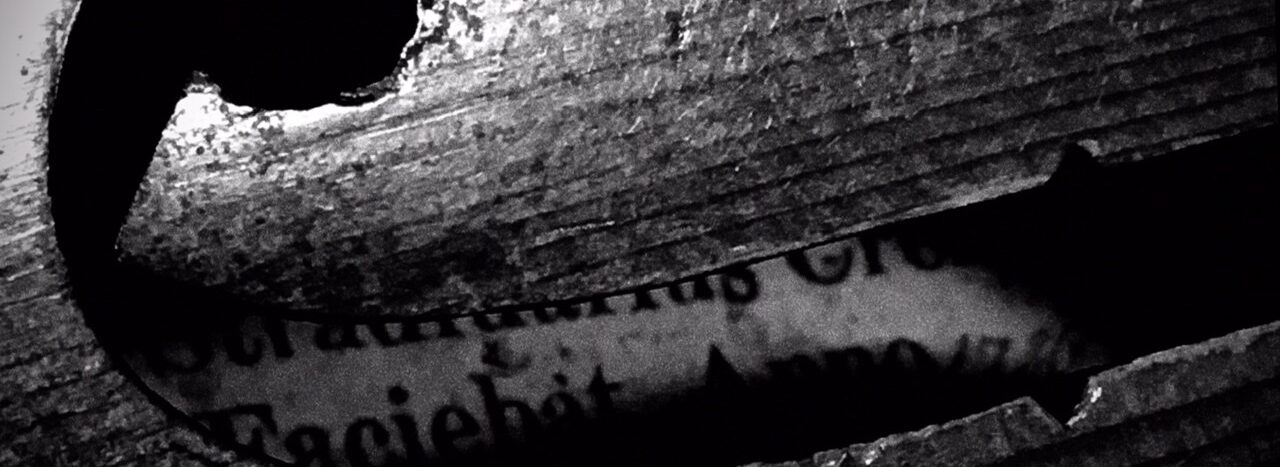What is a poem? May as well ask, What is a bird? If your answer is, A creature that wants to fly, you are in the right place. Some consider the purpose of poetry is merely to create of mundane thoughts something poetic, a sort of polemic or didacticism or biograph dressed up in Sunday clothes. The creation of something poetic is, rather, a consequence, not a purpose. If you wish to give a sermon or a speech, do. However eloquent, this is not quite a poem.
In A Midsummer’s Night’s Dream Shakespeare has it that;
The poet’s eye, in a fine frenzy rolling, Doth glance from heaven to earth, from earth to heaven; And as imagination bodies forth The forms of things unknown, the poet’s pen Turns them to shapes, and gives to airy nothing A local habitation and a name.
From the intrigues of the imaginary, the poet makes something both astonishingly new and yet profoundly familiar.
Lewis Carroll infamously asked, How is a raven like a writing desk? Later in half-hearted glibness answering his own conundrum, because it can produce a few notes, tho they are very flat and it is nevar put with the wrong end first. I would simply say, the fault lies in the question, and return it to its beingness as a rhetoric koan; a raven is a writing desk – ink spills from both, how then is it not?
Edgar Allan Poe will tell you, a poem is the rhythmical creation of beauty, its highest purpose to evoke a sense of beauty in the reader. A poem, as French philosopher Gaston Bachelard has said, is a contemplation, written from a reverie. A kind of semi-autonomic daydream, in which purpose, language, tradition and elaboration entwine with the subconscious impulse. This reverie has the singular purpose, in its newness, to impel a consequent reverie in the reader. Akin to a suspension of that surface of critique, and falling into an auto-hypnopoetic trance.
If childhood is indeed as a glass of dreams, a glass darkly, poetry returns us to that wide awake reverie, to that reflexivity in which the world is images and mysteries that, before experience so fiercely trammels them, merge in unsuspected and unprecedented ways, that we are driven to order and unpuzzle.
The reader’s induced reverie is of course informed by what is significant to the reader, what resonates from their own journey of unpuzzling strata. If the poet is only trying to impart experience, well. We all already know what a bird is; what we want to know, what we want to feel, is of its desire to fly, and in the immensity of that blue, for a moment, in a dream, to fly with it.
Thus; A poem is a bird that from its desire to fly, creates itself.

